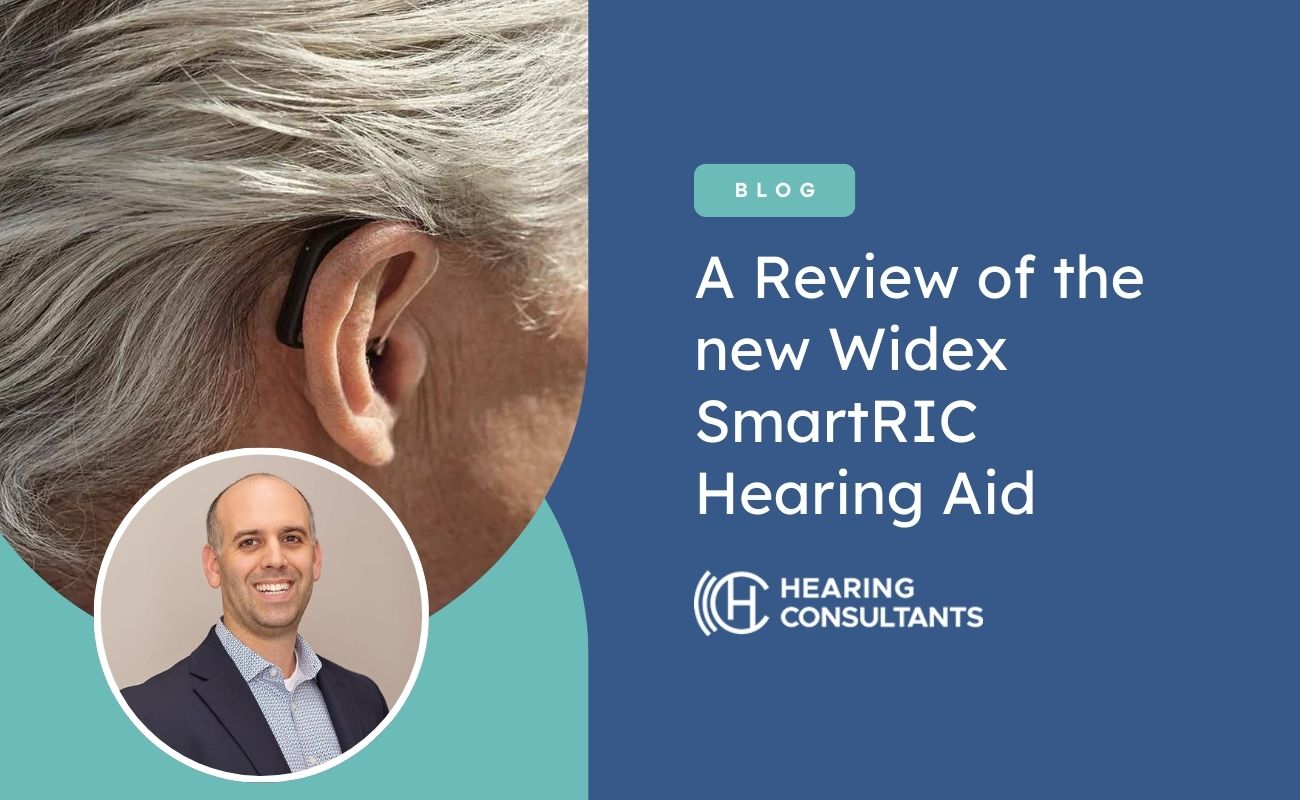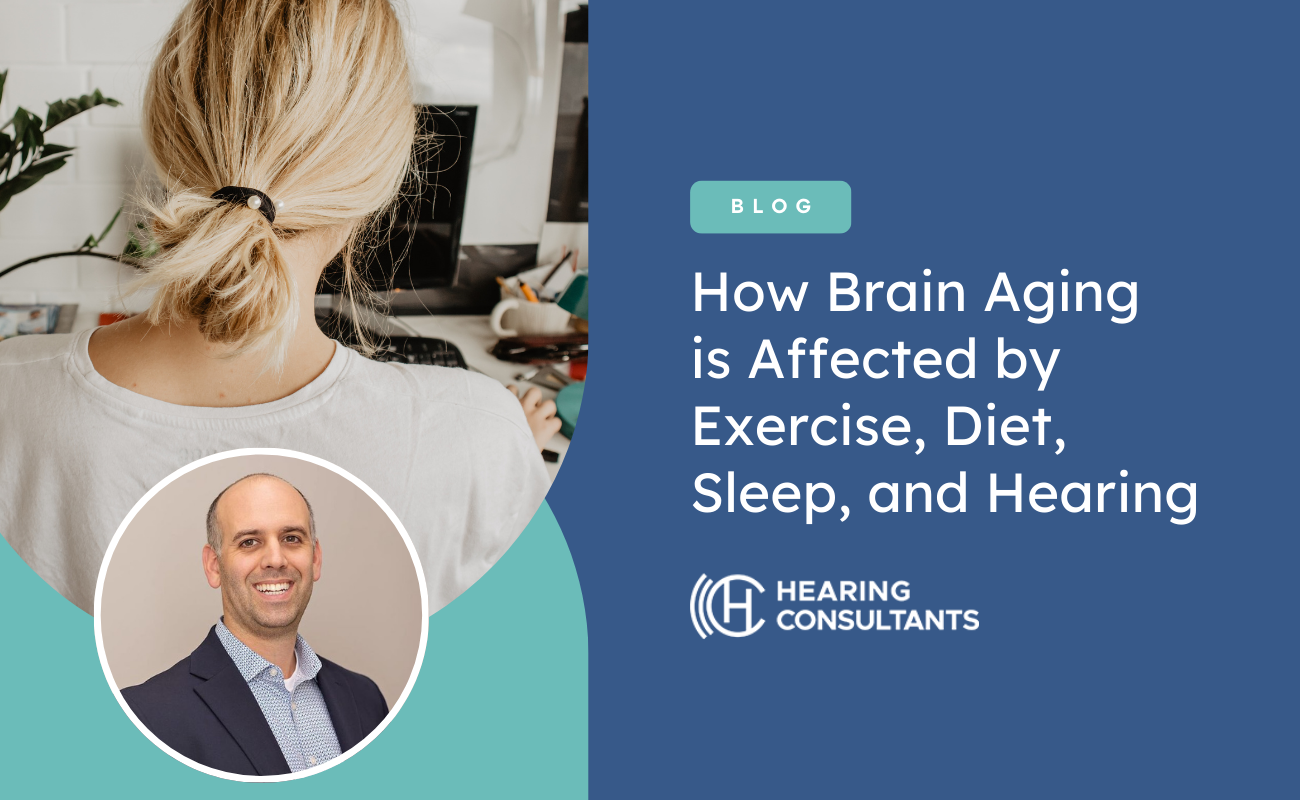Coming to Terms with Your Hearing Loss
Hearing loss is one of the most prevalent chronic conditions in the United States, affecting more than nine million Americans over the age of 65 and 10 million Americans age 45 to 64. But about three out of five older Americans with hearing loss and six out of seven middle-aged Americans with hearing loss do not use hearing aids. What keeps so many people from treating their hearing loss for so long? Perhaps if they knew the dangerous consequences of untreated hearing loss, they would seek treatment.
Consequences of Untreated Hearing Loss
A recent study found that seniors with untreated hearing loss who do not wear hearing aids reported feelings of sadness or depression that lasted two or more weeks during the previous years. Among respondents with more severe hearing loss, 30 percent of non-users of hearing aids reported sad feelings, compared to 22 percent of hearing aid users. Because social isolation is a serious problem for some older people, people who don't use hearing aids are often less likely to participate in social activities than hearing aid users.
The Stages of Coming to Terms
Grief and depression are intrusive emotions that can take control of your life before you realize it. It’s often hard to see outside of depression’s dark cloud once it settles in to know where it begins and if it will ever end. Elisabeth Kubler-Ross, a Swedish-American psychologist, wrote about the five psychological stages terminally ill patients experience in her book On Death and Dying in 1969. These stages can also be applied to any difficult life altering experience in your lifetime including hearing loss. In many people’s minds hearing loss can mark the end of your youth, your mortality and your independence. It’s important to understand that if you treat your hearing with hearing aids this does not need to be the case. Below are the stages of coming to terms with loss. Understanding what you may be going through can help you get to the other side of depression and grief.
Stage 1: Denial
Hearing loss often occurs gradually. You may not realize you haven't heard the birds sing outside your bedroom window for a while now. You may believe your hearing is just fine until a friend or family member points it out to you. Often people’s first response is to deny the obvious. You may rationalize their observations with excuses like "My hearing isn't that bad" or "I've had allergies lately." Even those who seek an audiologist for a hearing test and are diagnosed with hearing loss wait an average of seven years before purchasing their first set of hearing aids.
Stage 2: Anger
Once you can no longer deny you're not hearing well, you may move into the second stage of grief, which is anger. You may resent the expense of hearing aids or that you need a device at all to do something you previously could do on your own. Regardless, it's important to work through your anger and take steps to treat your hearing loss as soon as possible.
Stage 3: Bargaining
After the anger has passed, it's common to enter the bargaining stage and search for ways to restore normal hearing. Maybe it's a promise you make to yourself to eat healthier or wear hearing protection from now on. Depending on the type of hearing loss you're experiencing, the reality is you may never hear normally again. If your hearing loss is associated with presbycusis (old age) or another sensorineural condition, you are most likely a perfect candidate for hearing aids.
Stage 4: Depression
Untreated hearing loss can lead to anxiety, depression, paranoia and social isolation. It's one of the reasons they stress the importance of maintaining contact with friends and family as we age.
Stage 5: Acceptance
The final stage of grief is acceptance. In the case of those with a hearing impairment, that means you've accepted your physical limitations. The good news is that if you are a candidate for hearing aids the success rate for helping people participate fully in their life again is very high.
Contact us at Hearing Consultants to set up a hearing test and start dealing with your hearing loss today.
Get in touch with
Hearing Consultants
Contact our clinic to schedule an appointment today!







